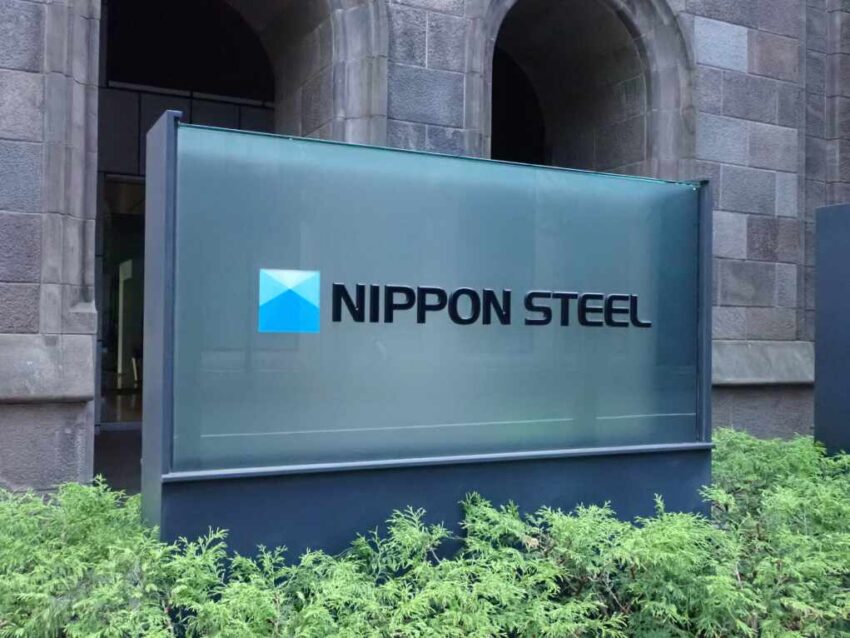The Trump administration’s unprecedented move to acquire a “golden share” in Nippon Steel’s U.S. operations has ignited controversy, raising questions about trade protectionism, international relations, and the future of American steel production.
At a Glance
- The U.S. government secured a “golden share” giving it veto power over Nippon Steel’s U.S. subsidiary decisions
- This intervention aims to protect critical steel production amid fears of foreign control, particularly from China
- Nippon Steel is one of the world’s largest steel producers with significant operations in the Pittsburgh area
- Critics warn the move risks escalating trade tensions and complicates U.S.-Japan economic relations
- The “golden share” strategy marks a rare government intrusion in private industry to safeguard national security interests
U.S. Government’s Golden Share Acquisition
In a move signaling heightened economic nationalism, the Trump administration secured a “golden share” in Nippon Steel’s U.S. subsidiary, effectively granting the U.S. government veto rights over key corporate decisions. This action is designed to ensure the continuity of steel production considered vital to national security, especially in Pittsburgh, a historic steel hub.
According to The Wall Street Journal, the decision followed concerns that foreign adversaries, notably China, might gain influence over critical infrastructure by acquiring stakes in U.S. steel companies. The “golden share” is an unusual legal instrument rarely used in the U.S. but common in other countries to protect strategic industries.
Watch a report: Trump’s Golden Share Move in U.S. Steel Sparks Debate.
Implications for Trade and Diplomacy
While the government defends the move as a necessary national security measure, it risks straining ties with Japan, Nippon Steel’s home country, which views the intervention as a violation of corporate autonomy. Trade experts caution that the action could invite retaliatory measures, particularly from China, which has been aggressively expanding its steel industry globally.
Nippon Steel’s executives have expressed concerns about operational disruptions and the potential chilling effect on foreign investment in U.S. manufacturing. Industry analysts suggest this intervention reflects a broader trend toward economic protectionism under the Trump administration’s evolving approach to U.S.-Japan trade relations.
Future of American Steel and National Security
The “golden share” move signals an aggressive stance by the U.S. to maintain control over critical supply chains amid geopolitical uncertainty. Pittsburgh’s steel sector, once the backbone of American industry, is seen as a test case for how far the government will go to protect domestic manufacturing. This aligns with broader concerns about steel industry national security and critical infrastructure protection.
In conclusion, the Trump administration’s acquisition of a “golden share” in Nippon Steel’s U.S. operations marks a bold assertion of control with complex consequences for international trade, diplomacy, and industrial policy. The move echoes past government interventions as outlined by the Committee on Foreign Investment in the United States, highlighting increasing scrutiny over foreign influence in strategic industries.
Click this link for the original source of this article.
Author: Editor
This content is courtesy of, and owned and copyrighted by, https://deepstatetribunal.com and its author. This content is made available by use of the public RSS feed offered by the host site and is used for educational purposes only. If you are the author or represent the host site and would like this content removed now and in the future, please contact USSANews.com using the email address in the Contact page found in the website menu.








